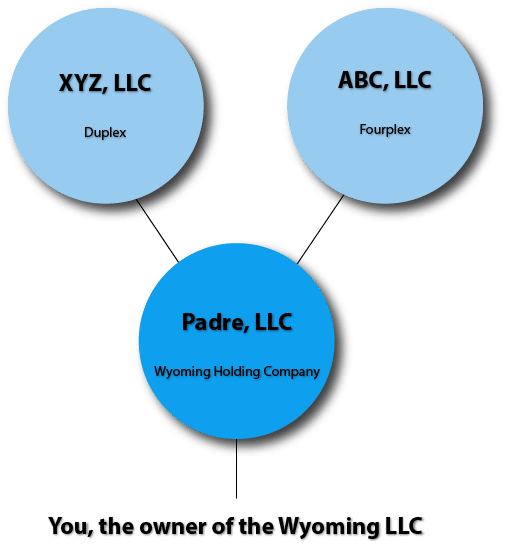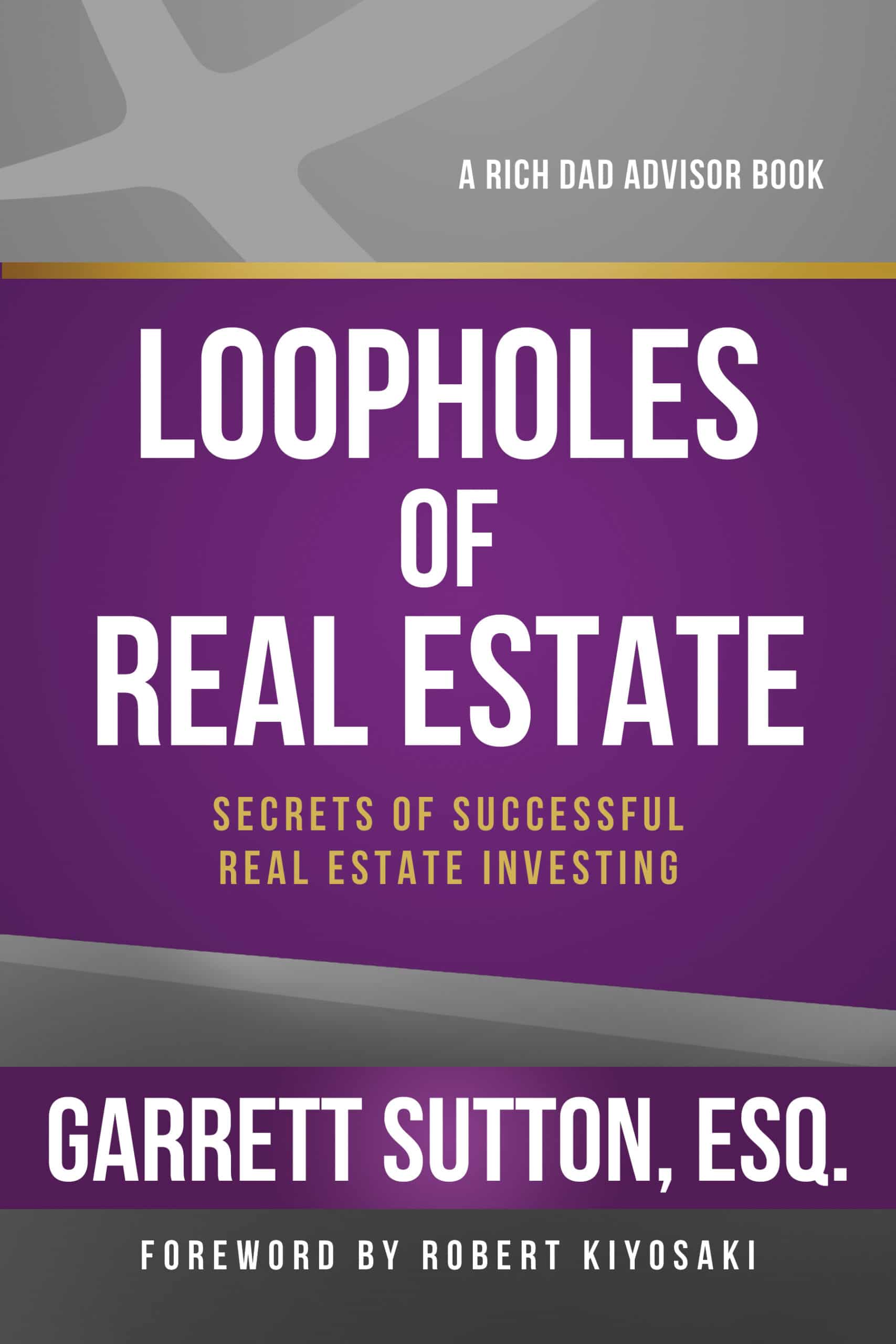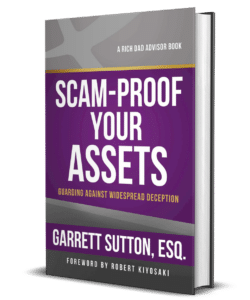You’ve set up your LLC. Now it’s time to make money, and flow the profits into your bank account. It’s time to think about how you will be distributing LLC Money between bank accounts. In the example we’ll use in this article, you have transferred title in a real estate rental property (a duplex) into your new LLC, which is called XYZ, LLC. You have also, as is required to follow the corporate formalities, set up a bank account in the name of XYZ, LLC. You haven’t hired a property management company yet as you are going to try managing the property yourself.
In the first month, your two duplex tenants pay the rent on time. You are thinking to yourself: “This is good. This is how it’s supposed to work.” You deposit the rent checks, which are properly made out to XYZ, LLC, into the new XYZ, LLC bank account. You have a mortgage and trash pick-up payment to make, so you write two checks against the new LLC bank account to cover those obligations.
Glory be, after those payments, at the end of the month you have a profit! What do you do?
You could pull some of the money out, transferring it from XYZ, LLC to your personal account, knowing that you’ll have to pay taxes on a portion of it at some point. More likely, you may leave the money in XYZ, LLC and build up a reserve of cash to be able to cover any unforeseen issues. Some owners may leave the money in the LLC account until near the end of the year. After speaking with their CPA to understand how much income is sheltered by depreciation and how much tax they’ll owe they will pull enough money out of XYZ, LLC to pay their tax obligation, if any, as well as take a profits distribution for themselves at the end of the year.
Things are working well and you decide to invest in another rental property, a fourplex. You’ve heard that by putting your new fourplex into XYZ, LLC you are creating a target rich LLC. If a tenant at the duplex sues XYZ, LLC for a faulty condition they could not only reach the equity in the duplex but also in the new fourplex. They have a claim against the LLC and on an inside attack they can get what is inside XYZ, LLC, which would be both the duplex and fourplex. You don’t want to do that.
So you set up ABC, LLC to take title to the fourplex. Following what you did with XYZ, LLC you set up a new LLC bank account for ABC, LLC and deposit tenant checks made out to that LLC into the new ABC, LLC bank account.
Along the way you come to appreciate that the state in which ABC, LLC and XYZ, LLC were formed offers weak asset protection for the outside attack. The inside attack, where a tenant sues the LLC directly, offers the same protection in all states. But the outside attack where, for example, a car wreck victim has a personal claim against you and is suing from the outside to get at your assets, varies from state to state. California, New York and Utah are weak states. The car wreck victim and their attorneys can get at your valuable real estate to satisfy a claim. Wyoming, Nevada and Delaware are strong states featuring charging order protection, which is briefly described in this short video. For more detail, see my book, Loopholes of Real Estate.

The profits you generate from the two title holding LLCs on the top line will, whenever you want, be distributed to the new Wyoming holding LLC. We don’t want to directly distribute to your personal bank account moneys from XYZ, LLC and ABC, LLC because you don’t personally own them anymore. Instead, you own Padre, LLC, which in turn owns XYZ, LLC and ABC, LLC. So the money flows from XYZ, LLC and ABC, LLC to Padre, LLC. Whenever you want to take a distribution you will take it from Padre, LLC, which is the entity you directly own. XYZ, LLC and ABC, LLC are technically owned by Padre, LLC and not you. But that is good, because it provides excellent asset protection when a strong state is used. As well, Padre, LLC is a good place to hold money because it is asset protected in Wyoming. If you hold the money in your personal bank account you are not as protected.
Some people will complain that in the structure example above, a total of three bank accounts is not needed. Two points are critical here. First, it is useful to know that with online banking and fairly low minimum balance requirements the use of three separate accounts is neither burdensome nor expensive. Second, and more importantly, by not using separate bank accounts you run the risk of a creditor seeking to pierce the veil of your entity. You must not commingle money between personal and separate business accounts. There must be a clear line of money flows from duplex tenants into XYZ, LLC, from that entity into Padre, LLC and from the Wyoming holding LLC into your personal bank account. You cannot skip a step and risk being held personally liable for a claim.
Again, distributing LLC money correctly is not going to be a burden. And even if it was it is required for you to maintain your asset protection edge, so just do it. Work with your CPA on the timing of distributions and payment of taxes and all will be fine.
Besides, it’s how everyone else does it anyway.



